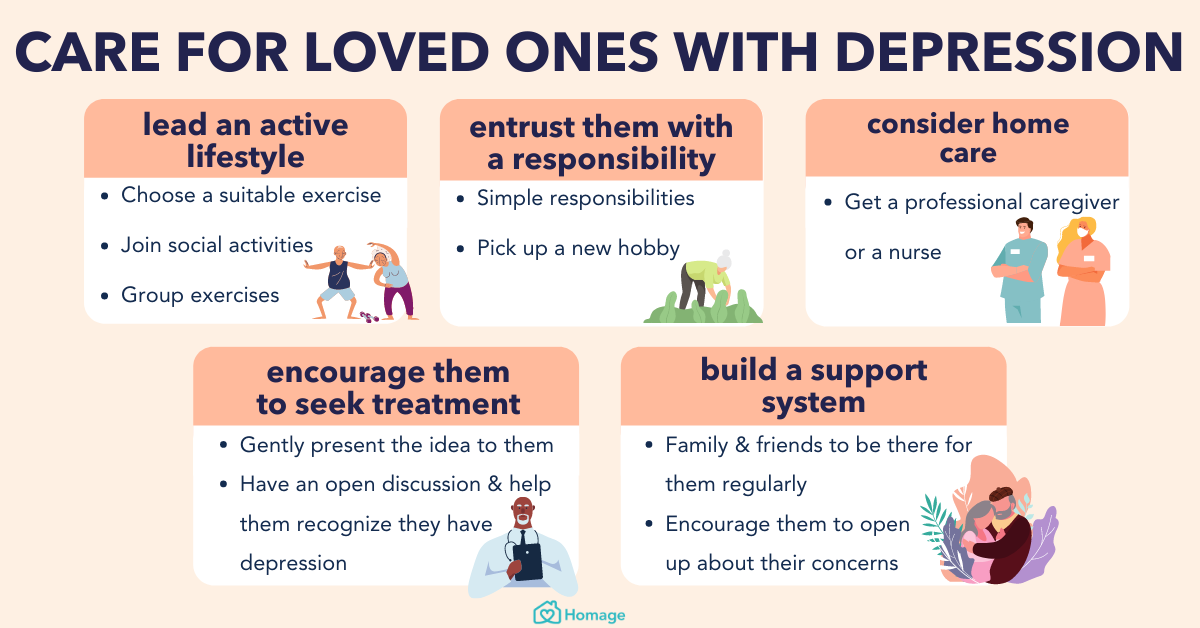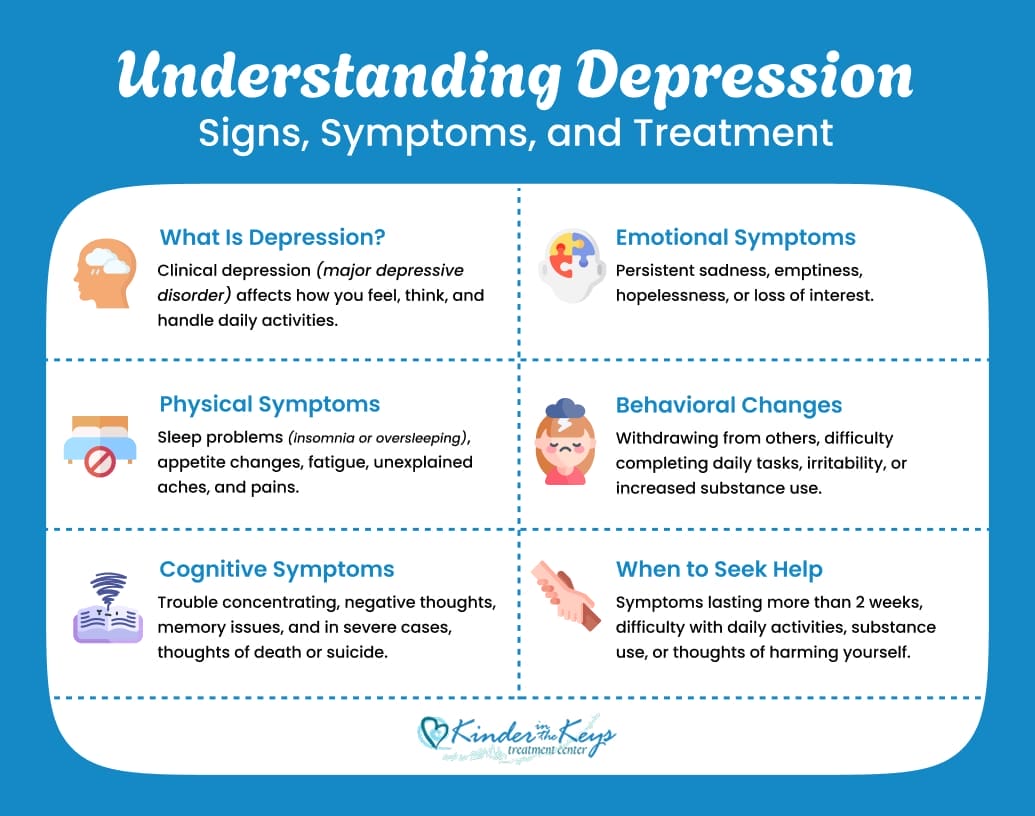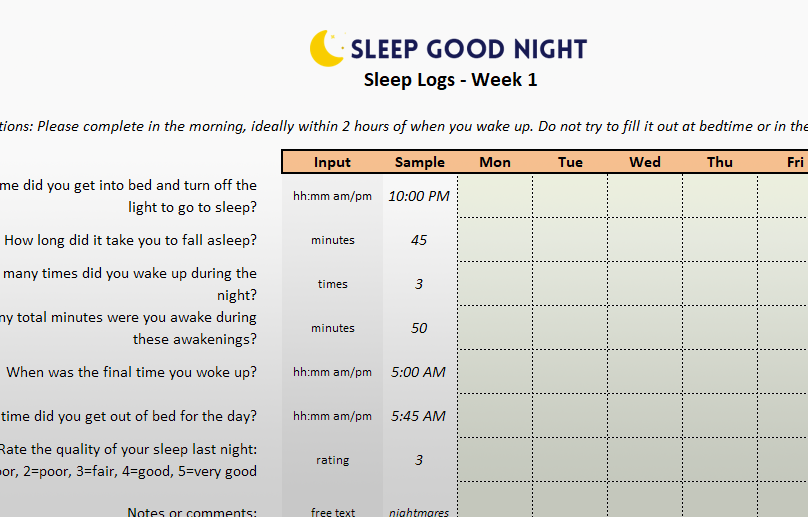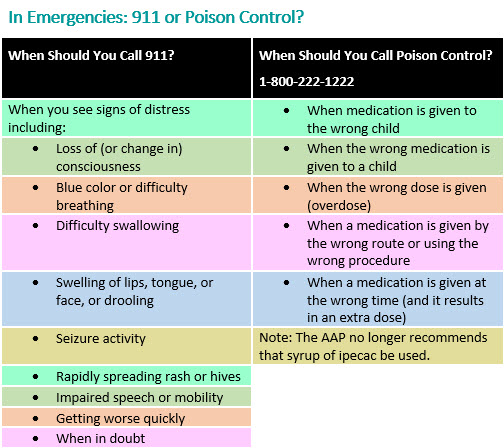
Understanding How Depression Can Lead to Weight Changes

Depression can affect many aspects of our lives, including the way we eat, sleep, and move. For some, these changes can result in noticeable weight gain. It’s important to remember that this is not a sign of failure or something to feel ashamed about. Weight changes are often a reflection of the ways our body and mind cope with emotional and physical challenges.
Here, we’ll explore six common reasons depression can lead to weight changes and offer tips to care for yourself through these challenges.
1. Eating for Comfort and Emotional Relief

When emotions become overwhelming, many people turn to food for comfort. This is particularly true for foods high in sugar or fat, which may provide temporary relief. Emotional eating, while natural, can lead to unwanted changes in appetite, energy levels, and weight over time.
Tips for Coping:
- Notice without judgment: Keep a journal to track when emotional eating occurs. Is there a specific trigger or time of day?
- Have alternative tools ready: Experiment with other comforting activities like listening to music, taking a warm shower, or practicing relaxation techniques.
- Mindful eating: Try to eat slowly and pay attention to your body’s cues for hunger and fullness.
- Give yourself grace: You’re doing your best, and even small steps are progress.
2. Feeling Too Tired to Move

Depression can sap your energy, making even simple physical activities like getting out of bed feel daunting. This lack of movement can influence how your body processes energy and contribute to weight changes.
Tips for Coping:
- Start small: Begin with gentle movement, like stretching or a short walk, and slowly increase the time and intensity.
- Release the “shoulds”: Movement isn’t about burning calories but reconnecting with your body. Celebrate any movement, even if it’s brief.
- Rest when needed: Rest is vital for healing, so be kind to yourself and allow the time your body needs.
3. Sleeping More or Less Than Usual

Sleep disturbances are common with depression. Some people may sleep excessively, while others struggle with insomnia. These changes can affect the hormones that regulate hunger, potentially influencing your appetite.
Tips for Coping:
- Create a sleep routine: Try to wake up and go to bed at the same time each day.
- Soften your environment: Make your bedroom a restful sanctuary with dim lighting, calming music, and a soothing bedtime ritual.
- Seek professional help if necessary: If sleep problems persist, speak to a healthcare provider who may offer new strategies or treatments.
4. Dealing with Medication Side Effects

Certain medications used to treat depression can affect appetite, metabolism, or cause water retention, which may lead to weight gain, even if lifestyle habits haven’t changed.
Tips for Coping:
- Communicate openly with your healthcare provider: Share how you’re feeling and any side effects you’re experiencing. They may adjust your medication or offer alternatives.
- Focus on nourishment: Aim for a balanced, sustainable diet rather than restrictive eating habits.
- Be gentle with your body: Remember, your body is adapting to healing. Treat it with kindness and understanding.
5. Experiencing Disruptions in Daily Routines

Depression often disrupts regular routines, making it harder to stick to meal prep, grocery shopping, or exercise. Without structure, it’s easy to skip meals or snack more frequently, which can lead to weight gain.
Tips for Coping:
- Create a flexible routine: Start by adding small, manageable anchors to your day, like having a cup of tea in the morning or a short walk after lunch.
- Simplify meals: Keep quick, healthy options on hand like frozen vegetables, pre-cooked proteins, and canned soups.
- Use reminders: Set visual cues or phone alarms to help keep you on track without feeling pressured.
6. Feeling Alone or Disconnected

Depression can bring a profound sense of isolation, making it difficult to reach out for support or maintain healthy habits. This feeling of loneliness can contribute to emotional eating, disrupted sleep, or lack of energy, leading to weight changes.
Tips for Coping:
- Make small connections: Reach out with a text, comment in a group chat, or smile at someone. Small actions can help reduce feelings of isolation.
- Find low-pressure community spaces: Join online support groups, creative classes, or social spaces that allow you to connect at your own pace.
- Talk with someone: Speaking to a therapist or counselor can help you navigate loneliness and develop healthier coping strategies.
Frequently Asked Questions (FAQs)
1. Can depression cause weight gain?
Yes, depression can lead to weight changes, including weight gain, due to emotional eating, lack of movement, sleep disturbances, or medication side effects.
2. Is emotional eating a sign of weakness?
No, emotional eating is a common coping mechanism. It’s important to approach it with understanding and find ways to address it gently.
3. How can I start exercising when I feel too tired?
Start small with gentle activities, like stretching or a short walk. Gradually increase your activity level over time.
4. Why do sleep disturbances affect my appetite?
Changes in sleep can disrupt hormones that regulate hunger, which may lead to changes in your appetite and eating habits.
5. How do I manage weight changes while on medication?
Speak with your healthcare provider about any side effects, including weight changes. They may adjust your medication or provide alternative solutions.
Conclusion
Weight changes during depression are a common experience and reflect how our minds and bodies cope with emotional and physical challenges. It’s important to approach these changes with compassion for yourself. Small, manageable steps like gentle movement, nourishing meals, and maintaining routines can make a big difference in supporting your well-being. If things feel overwhelming, don’t hesitate to seek support from a healthcare provider or therapist.

